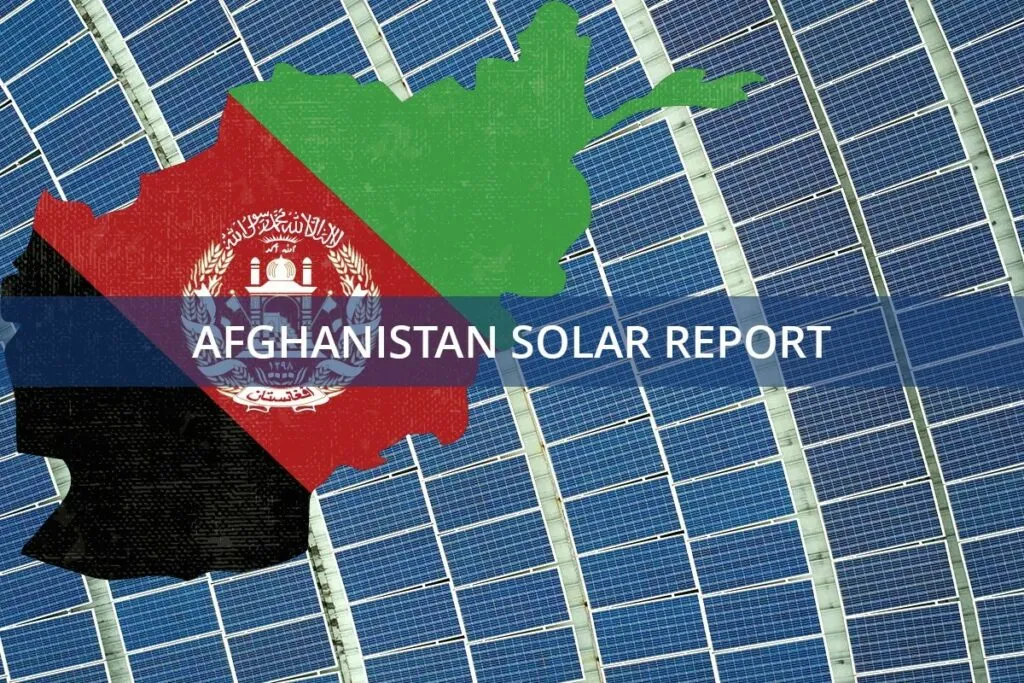The UNFPA and UNDP have launched a new project to strengthen healthcare in Afghanistan by installing solar systems in 101 health facilities across 27 provinces. This initiative will improve maternal and child care while boosting the resilience of the country’s rural medical infrastructure.
Tackling the Energy Crisis in Afghanistan’s Healthcare
Afghanistan’s healthcare system is hampered by an unstable energy supply that severely impacts the quality of care, particularly for maternal and child health services. In response, the United Nations Population Fund (UNFPA) and the United Nations Development Programme (UNDP) have launched an initiative to introduce solar energy solutions.
Funded by the Government of Japan, the project will equip 101 health facilities across 27 provinces with solar systems. These sites were selected through a national needs assessment that identified areas with the most vulnerable energy grids and the most pressing need for maternal and child healthcare.
The solar systems will directly benefit over 1.1 million people, including an estimated 100,000 pregnant women and 100,000 children under five. This initiative ensures a reliable power source for better healthcare services, particularly in rural and remote areas where energy access is often scarce.
How Solar Energy Will Enhance Medical Services
This initiative focuses primarily on improving maternal and child healthcare. In Afghanistan, maternal and child mortality rates remain alarmingly high, largely due to inadequate medical services. Unreliable energy makes it difficult for facilities to provide essential care, including emergency obstetrics, neonatal support, and vaccinations.
With new solar systems in place, healthcare facilities will have uninterrupted power for medical equipment, enabling them to offer critical, life-saving interventions without delay. This increased capacity is expected to significantly raise the quality of care for pregnant women and children, helping to reduce maternal and infant mortality rates.
Beyond maternal and child health, these solar installations will enhance the overall resilience of Afghanistan’s medical infrastructure. By transitioning to renewable energy, the initiative reduces the healthcare system’s dependence on fossil fuels and the unreliable national power grid. This shift makes facilities less vulnerable to power outages and other disruptions, ensuring they can operate continuously, even under challenging conditions.
Supporting Sustainable Healthcare and Development Goals
This project aligns with several Sustainable Development Goals (SDGs), including SDG 3 (Good Health and Well-being), SDG 7 (Affordable and Clean Energy), and SDG 13 (Climate Action). By adopting renewable energy, it also supports global efforts to combat climate change and reduce greenhouse gas emissions.
The use of solar power in health facilities contributes directly to SDG 7, which calls for access to affordable, reliable, and sustainable energy for all. These clean energy solutions help bridge the power gap in Afghanistan’s healthcare sector, making it more sustainable and environmentally friendly.
The initiative also fosters collaboration among the Government of Japan, UNFPA, UNDP, and local healthcare providers. This partnership allows them to pool resources and expertise to improve healthcare and promote renewable energy.
A Greener Future for Healthcare in Afghanistan
This UNFPA and UNDP initiative marks a significant step toward a healthier, more resilient future for Afghanistan. By addressing the energy crisis in the healthcare sector, the project stands to improve the quality of care for millions, particularly women and children. It also contributes to the country’s long-term development by promoting sustainable energy and reducing its carbon footprint.
As Afghanistan continues to face numerous challenges, investments in renewable energy and healthcare are vital for creating a more sustainable and resilient infrastructure that benefits all its citizens.
For further reading on similar initiatives, you can explore how solar transitions have enhanced healthcare in other regions, such as the Sidvokodvo Clinic in Eswatini. Additionally, you can learn about other significant solar projects in Afghanistan through this report, which details the country’s ongoing efforts to boost its renewable energy capacity.



